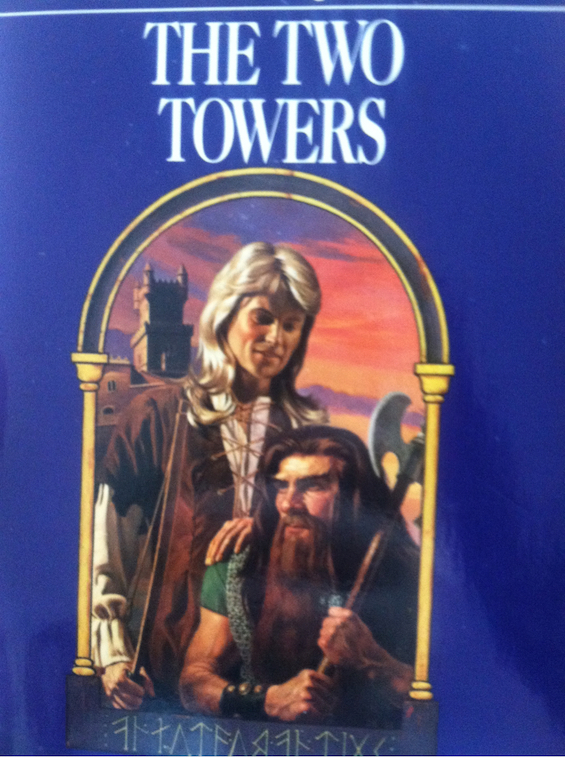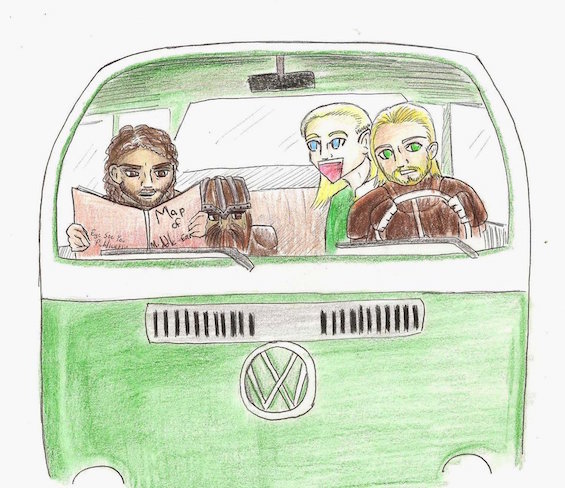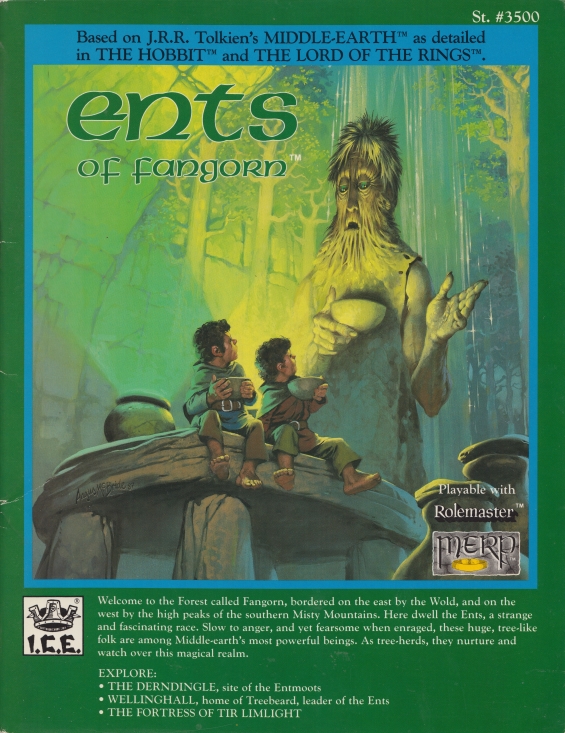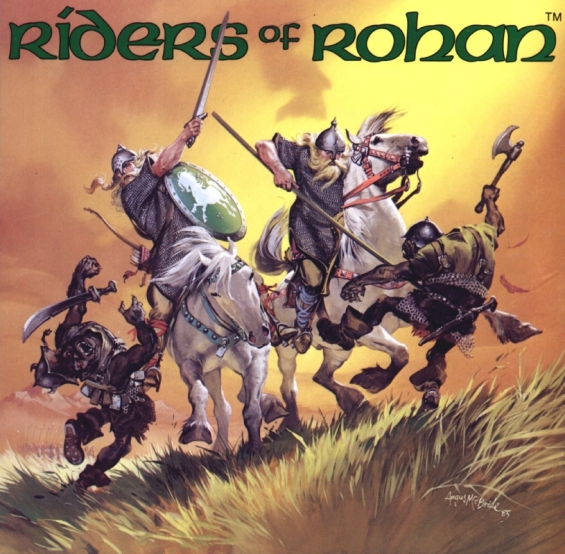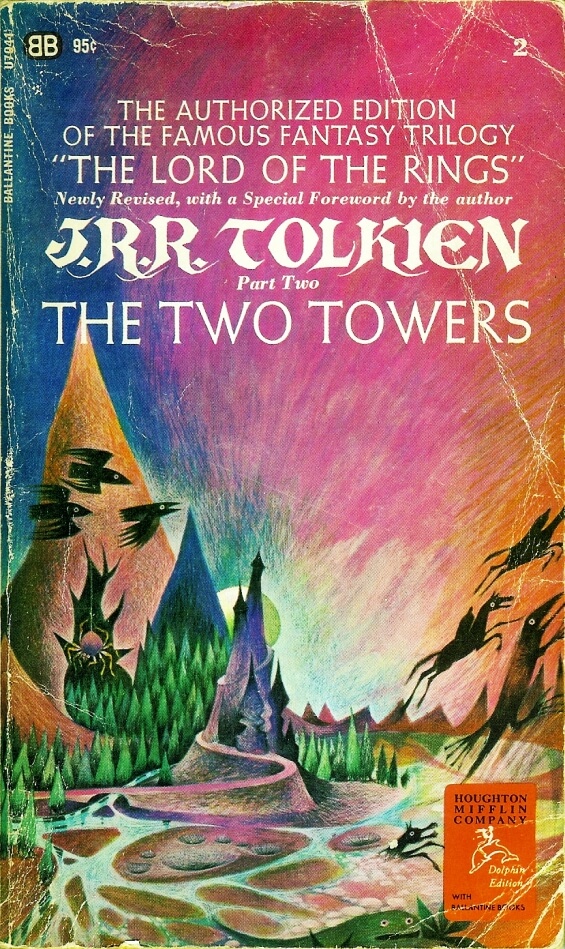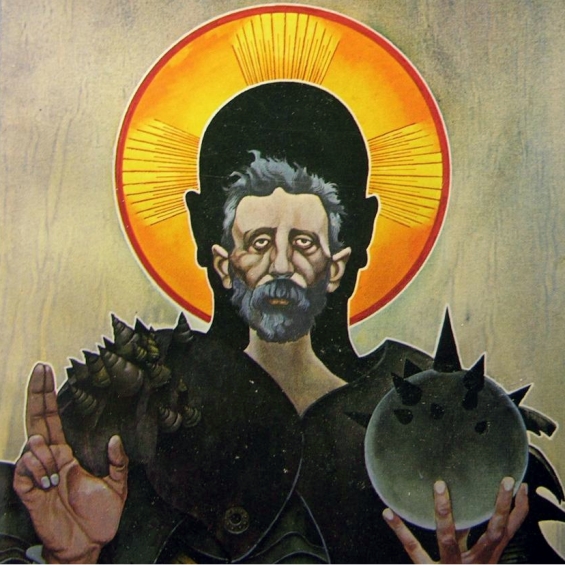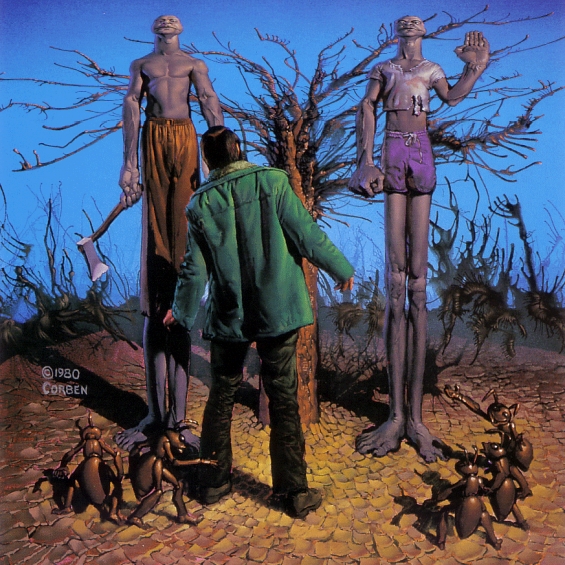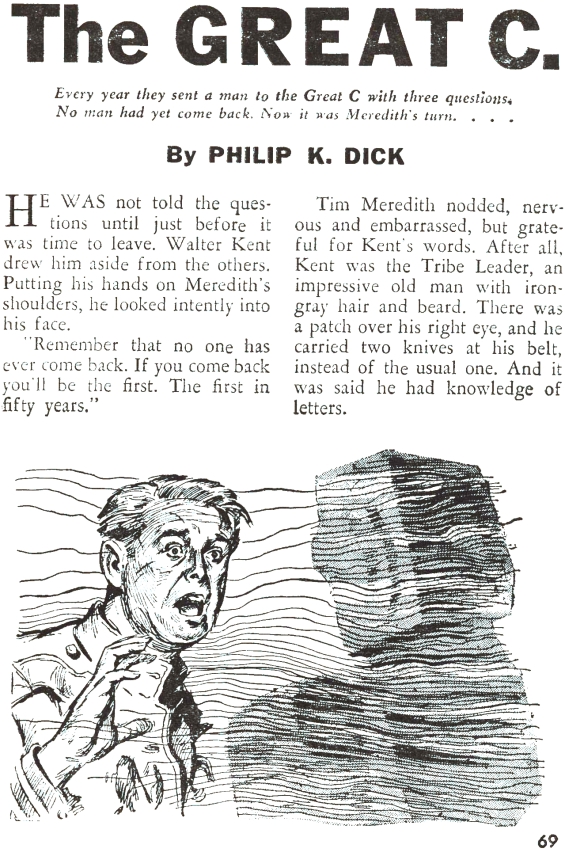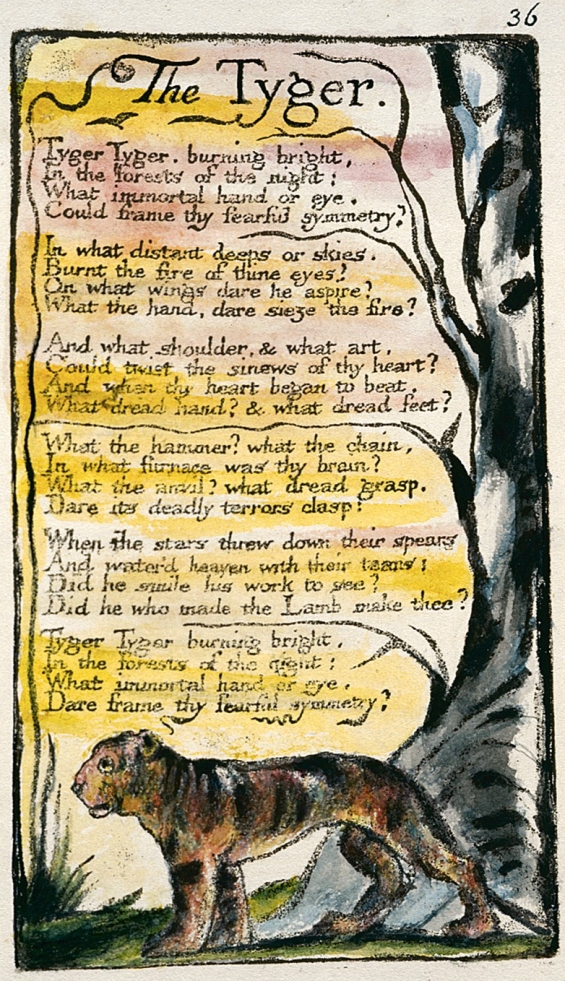
 The SFFaudio Podcast #419 – Jesse, Paul Weimer, Marissa, and Bryan Alexander talk about podcasts.
The SFFaudio Podcast #419 – Jesse, Paul Weimer, Marissa, and Bryan Alexander talk about podcasts.
Talked about on today’s show:
podcast hardware and podcast software, Jesse is stuck in Apple’s iOS, Android, does good hardware matter?, Marissa’s Nexus, podcatching apps, Player FM, play later, playlists, Stitcher, speed controls, Downcast (a former SFFaudio Podcast sponsor), volume booster, VLC, Dan Carlin, still in the 20th century, Paul’s decrepit iPod Mini, manual syncing, the iTunes nightmare, space, the search function, Bryan’s crappy internet, Galaxy Note 3, Pixel vs. Samsung S8, sausage fingers, the No Sleep podcast, RISK! offers The Moth style stories, the downsides of Stitcher, bad broadband, isolated on the internet, 30-pin connector, churning iTunes, 5 minute feed checks, WiFi vs. 4g, programmability, the glory days of podcasting, RSS reader, manual downloads, organization, between Google and iTunes podcast search is very hard, iTunes is an abusive relationship, the dwindling of RSS, Google and Facebook, Sam Harris’ Waking Up podcast, autoplay on Facebook and YouTube, the “Tragedy Of The Commons”, the death of RSS, Louis Rossmann: “Repairman Philosopher”, UBC, YouTube search, the world’s single greatest cultural venue: YouTube, the open wild west internet, Secrets, Crimes & Audiotape, their Margaret Atwood’s The Handmaid’s Tale audio drama, the Hulu series, fiction vs. non-fiction, Welcome To Nightvale, Hello From The Magic Tavern, podcasts about podcasts, audiobooks, on the Serial wagon, Missing Richard Simmons, book revisions, S-Town, The Black Tapes Podcast, Rabbits, Tanis, The X-Files, paranormal events, urban legends, investigating an alternate reality game, serial storytelling, serial stories, mystery, the Pacific Northwest, meta-podcasting, almost Borgesian, listening while walking to work, connections, a very Tanis like thing, Wormwood podcast, Escape Pod, Pseudopod, Podcastle, BBC Radio Podcasts, Mythos, the podcast audio medium has infected itself, a gimmick, a gag, Drama Of The Week podcast, William Shakespeare, the Dangerous Visions series, Lenny Henry, The Stroma Sessions, Goodrun’s Saga,The Hatton Garden Heist, King Solomon’s Mines, X Minus One, Fritz Leiber’s A Pail Of Air, Reading, Short & Deep, The Star by H.G. Wells, a terrific new Philip K. Dick podcast We Love Dick, The Philip K. Dick Philosophical Podcast, what makes a good show, start with great material, The Man In The High Castle, becoming stellar, talking through and thinking through great stuff, the hall of mirrors effect, each medium has its own strengths, what podcasts are good at, Decipher Scifi, The Thing, I Am Legend, the science psychology and linguistics, hidden gems, we don’t have a term for this, GE Podcasts Theater: The Message and LifeAfter, like Her (2013), rich and dense, Limetown, a novel for the ear, quasi-fiction, Doorway To The Hidden World, a fictional Alex Jones, fake ads, conspiracy theory, surreality, Suspense Radio Drama or HERE, Robert Sheckley, Fritz Leiber, Far Below, The Horla, Robert E. Howard, Cool Air by H.P. Lovecraft, The Fire Of Asshurbanipal, Fireside Mystery Theatre, Campfire Radio Theater, Earbud Theatre, Signal Hill Radio, The Long Dark, when TV talk-shows trying to act like podcasts, people who make TV shows that have podcasts about their shows, Better Call Saul, celebrity podcasts, even PC games have podcasts, meditation, movie review podcasts, a radio show without a fixed length, The SFFaudio Podcast, Jenny Colvin’s Reading Envy, The District Of Wonders Podcast, Tales To Terrify, primary sources, Luke Burrage’s Science Fiction Book Review Podcast, an emotional visceral reaction, pulling punches, ugly babies, Bryan’s video conference series, we need a YouTube scraper, Wednesday Adamms, Creepy Pasta (from Copy Paste), Slenderman style stories, public intellectual podcasts, sequestering academics, what podcasts are good at, Michio Kaku, a godawful lying idiot, he’s read some books, Stephen Fry, if Isaac Asimov had a podcast, The Bell Curve, race and intelligence, fuck that bullshit, interesting points, challenging, challenge me, make me question my assumptions, Hardcore History, Common Sense, there’s something great about public intellectuals able to do podcasting for a living, Joe Rogan, professional pit fighters, depressed public commentator, podcasts are rebellious (or were), the new main medium, splitting, BBC or NPR or major funders vs. DIY podcasts (like this one), Julie Hoverson, Mr Jim Moon’s podcast: Hypnogoria, the history of zombies, going deep instead of wide, werewolfy, a 15 part series on werewolves, Witchhouse Media’s The H.P. Lovecraft Literary Podcast, Frankenstein, paying for podcasts, actually visiting websites, The Partially Examined Life podcast, academia is sorta screwed, this new “readalong” podcast phenomenon, Nineteen Eighty-Four by George Orwell, Voltaire’s Candide, life sucks: hahahhaha, a thing like that can exist, there’s no other medium that could have a show like this, CBC Podcasts, BBC Podcasts, a first and foremost podcast, aggressive British imperialism, In Our Time with Lord Melvyn Bragg, history, John Clare, something from everybody, Nigel Warburton’s Philosophy Bites, we’ve been held back by idiot television and Michio Kaku for so long, kindergarten public intellectuals, The Lovecraft Geek with Robert M. Price, The Bible Geek, Marshall Mcluhan, the shape of the media informs the content, pity those without podcatchers, The Bible back to front, they’re in your ears, getting together with your friends who you’ve never met, an intimacy to sound, more non-fiction podcasts, Revolutions, The French and Haitian Revolutions, sounds good, The History Of Rome podcast, the Revolution of 1830, so cool, walking around learning crazy stuff, better than university level, HW = homework, The History Of Philosophy Without Any Gaps, the history of mistakes, skip it, always find another, again the big problem of search, avenues and resources, all the best podcasts are via recommendations, an underground now, google’s distinct lack of interest in podcasts, an audio search engine, audio search went away, the weird history of Twitter, like Slack, the Techdirt Podcast, patents, looking at history, copyright and patents, Canadaland, The Young Turks, The Jimmy Dore Show, Slate podcasts, the elite East coast media bubble hates Science Fiction, Behind The News with Mark Henwood, Radio Open Source, The Economist: Babbage Podcast, it has it’s issues, Oh No with Ross & Carrie, joining religions and cults, convince us, how creepy and damaging it was, Outside Podcast: The Science Of Survival, haunting, hypothermia, 2nd person, another Long Dark experience, learning, a thing that happens, of niche interest, Kenneth Hite, Ken And Robin Talk About Stuff, rpg ideas, strange bits of history, Mad Baron Roman von Ungern-Sternberg, twelve weird books, LEGO, good fodder, on the eme of audio, Archive 81, three different levels of sound, a frisson of mystery and horror, Clive Barker, slowly unfolding mysteries.
Posted by Jesse Willis
 Reading, Short And Deep #061
Reading, Short And Deep #061
